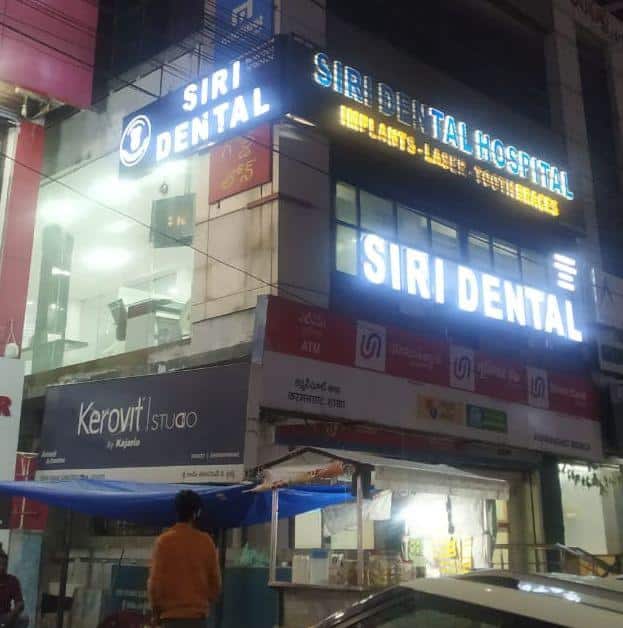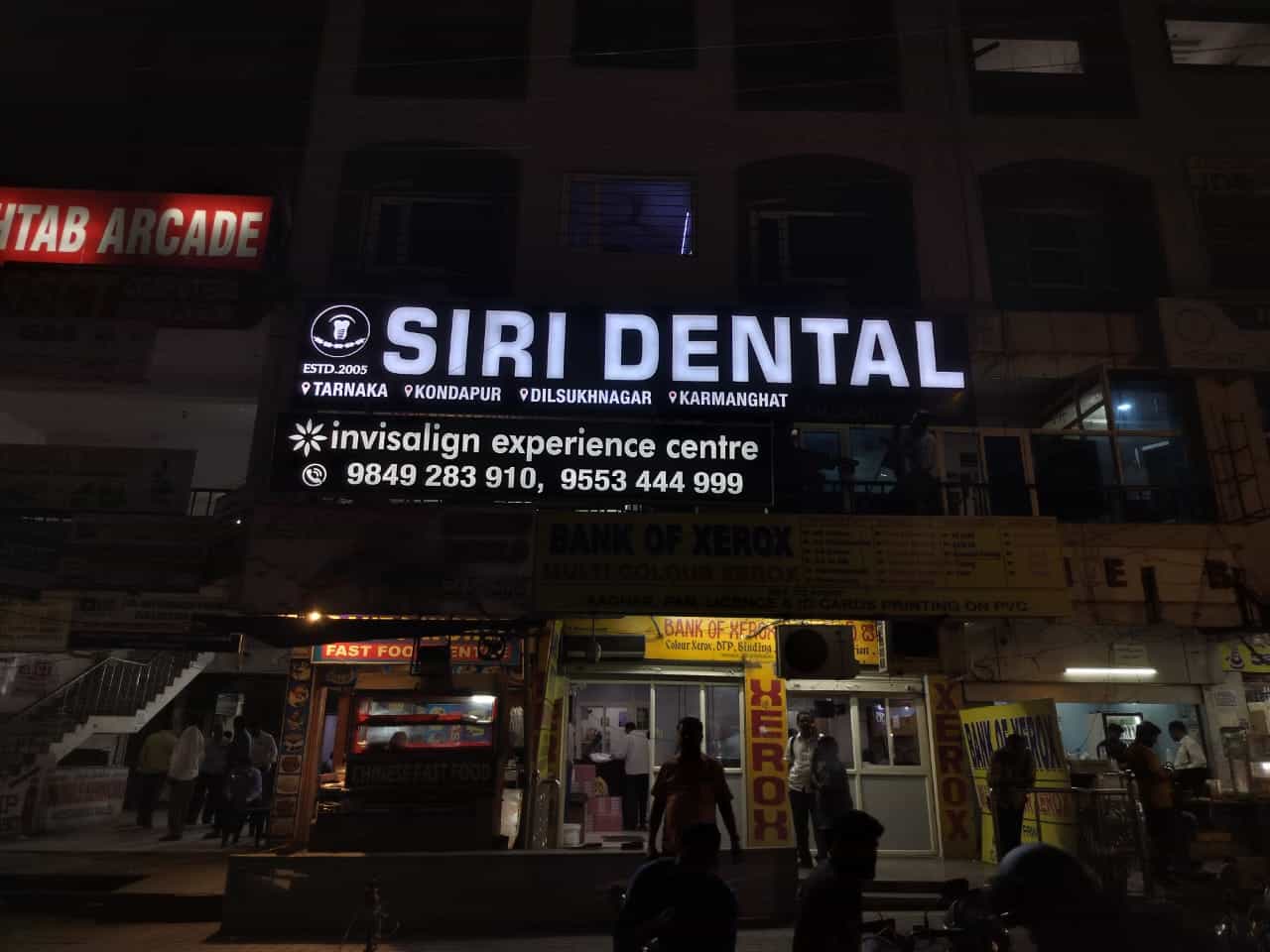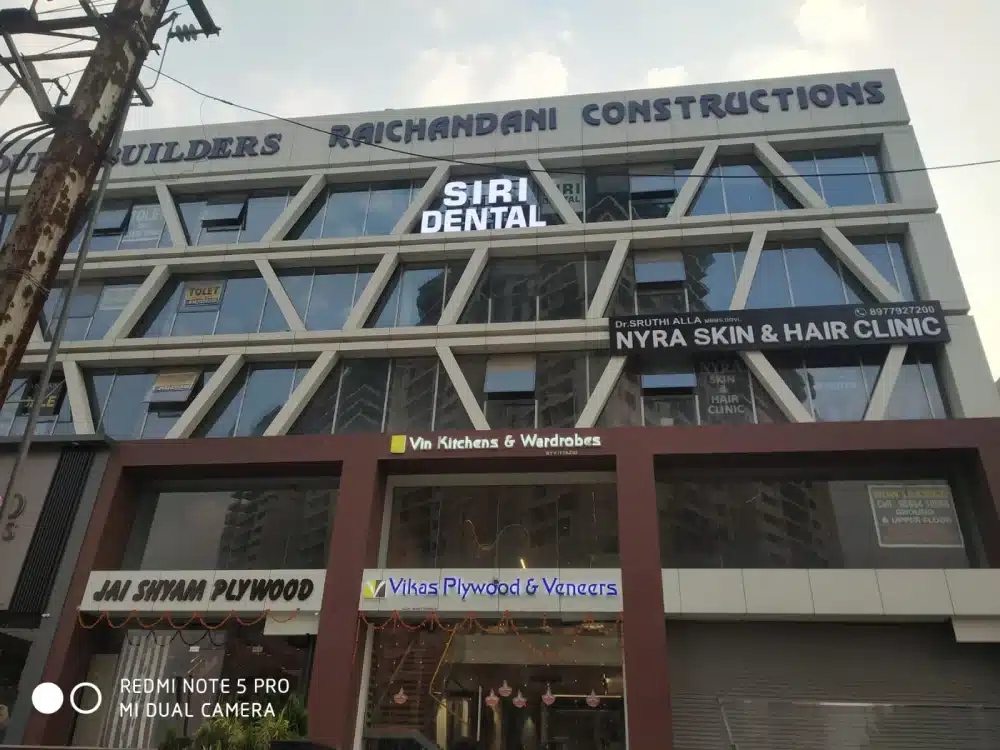CYST ENUCLEATION
Cyst enucleation is a surgical procedure commonly performed in dental hospitals to treat certain types of cysts that develop in the oral cavity or jaw. While I cannot provide specific information about the treatment at a specific hospital called “Best Dental Hospital” since there are many dental hospitals worldwide with similar names, I can give you a general overview of what the procedure entails.
Cyst enucleation is typically performed by an oral and maxillofacial surgeon or a qualified dental professional with expertise in oral surgery. The procedure involves the complete removal of the cyst, including its surrounding tissue or cyst wall. This is done to prevent recurrence and alleviate any associated symptoms or potential complications.
Here is a general outline of the steps involved in Cyst Enucleation:
Diagnosis:
A comprehensive evaluation, including clinical examination, imaging (such as X-rays or CT scans), and sometimes a biopsy, is performed to accurately diagnose the cyst and determine the appropriate treatment plan.
Preoperative preparation:
Prior to the surgery, the patient's medical history, including any allergies or medications, is reviewed. Necessary preoperative tests or consultations may be conducted to ensure the patient's suitability for the procedure.
Anesthesia:
Local anesthesia is commonly administered to numb the surgical area and ensure patient comfort during the procedure. In some cases, general anesthesia may be used, particularly if the cyst is large or the patient prefers to be asleep during the surgery.
Incision and access:
A small incision is made in the oral mucosa or jawbone, providing access to the cyst. The incision is carefully placed to minimize damage to surrounding tissues and facilitate adequate visualization of the cyst.
Cyst removal:
Using specialized instruments and techniques, the surgeon carefully dissects and removes the cyst along with its associated tissue or cyst wall. Any debris or infected material within the cyst is thoroughly cleaned and irrigated.
Closure:
After complete cyst removal, the surgical site is meticulously cleaned to ensure there is no remaining cystic tissue. The incision is then sutured, and appropriate measures are taken to promote proper healing.
Postoperative care:
The patient will receive postoperative instructions regarding pain management, oral hygiene practices, dietary restrictions, and any prescribed medications. Follow-up appointments are scheduled to monitor healing and ensure the success of the procedure.
It’s important to note that the exact technique and approach may vary depending on the specific characteristics of the cyst and the expertise of the dental professionals performing the procedure.
If you are considering cyst enucleation or seeking treatment at a specific dental hospital, it’s advisable to consult with the hospital directly to obtain accurate and detailed information about their specific procedures, success rates, and the qualifications of their dental professionals.
ALL TREATMENTS
Orthodontics
-
INVISALIGNERS®INVISALIGNERS®
-
SIRI INVISALIGNERSSIRI INVISALIGNERS
-
Metal BracesMetal Braces
-
Fast BracesFast Braces
-
Teeth GrindingTeeth Grinding
(Bruxism and Bruxomania)
(Bruxism and Bruxomania)
Endodontic
-
Root Canal TreatmentRoot Canal Treatment
Cosmetic
-
Smile DesignSmile Design
-
BleachingBleaching
-
Tooth JewelleryTooth Jewellery
Surgical
-
Wisdom Tooth RemovalWisdom Tooth Removal
-
Flap SurgeryFlap Surgery
-
Teeth ExtractionTeeth Extraction
Pedodontic
-
Kids WorldKids World
-
Pulp TherapyPulp Therapy
-
Pit & Fissure SealantPit & Fissure Sealant
-
Jaw Growth ModulationJaw Growth Modulation
-
Infant Oral CareInfant Oral Care
-
Pregnancy Oral CarePregnancy Oral Care
-
RCT for KidsRCT for Kids
Dental Implants
-
Full Mouth RehabilitationFull Mouth Rehabilitation
-
Single ImplantsSingle Implants
-
Basic / Advanced ImplantsBasic / Advanced Implants
General
-
Emergency CareEmergency Care
-
Tooth Colored FillingsTooth Colored Fillings
-
Stained Teeth TreatmentStained Teeth Treatment
-
Crowns & BridgesCrowns & Bridges
-
Dentures CareDentures Care
-
Teeth SensitivityTeeth Sensitivity
-
Jaw Joint ProblemsJaw Joint Problems
-
Special People CareSpecial People Care







